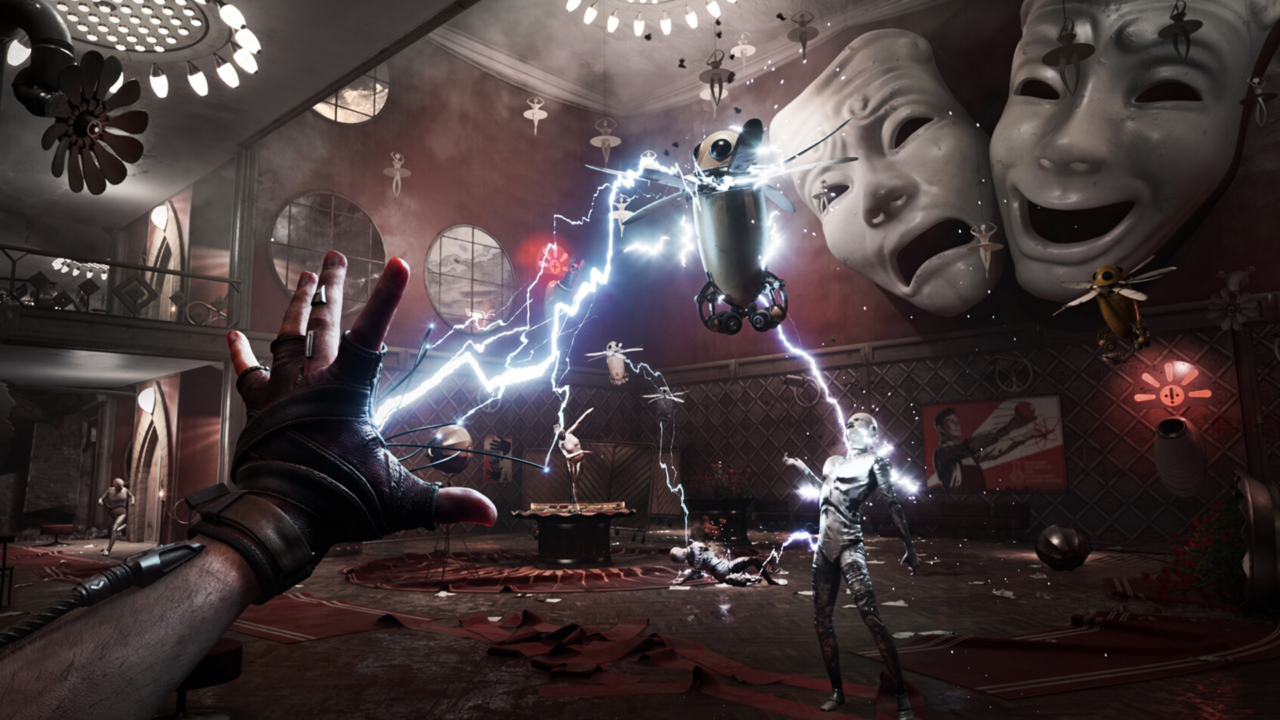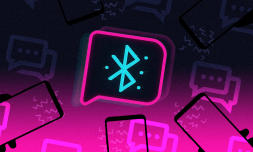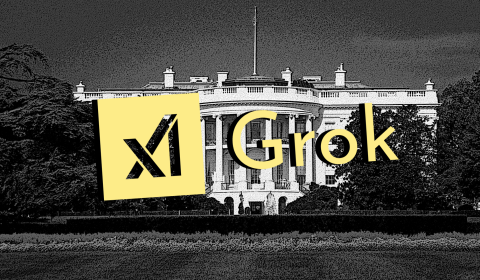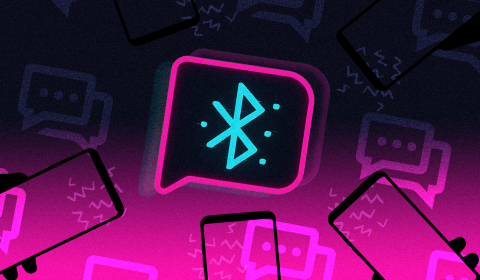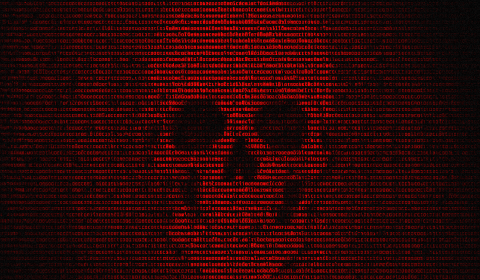This month’s standout Game Pass title Atomic Heart has been a source of constant controversy since its development. Now, the Ukraine government is calling for Microsoft, Sony, and Valve to ban it. Here’s why.
When it comes to gaming controversies surrounding specific titles, feuds are typically fought between publishers and consumers.
Unrest can usually be traced back to either unethical business practices, lack of product quality, or greedy in-game mechanics. In short, consumers now hold game-makers to a far higher standard than in previous eras.
Occasionally, however, there are gaming disputes rooted in issues spanning way beyond the remit of entertainment. Ravelled in a backdrop of political turmoil between Ukraine and Russia, Atomic Heart is one such exceptional case.
What is Atomic Heart?
Cut from the same cloth as Bioshock and MachineGuns’ Wolfenstein series, Atomic Heart is an alternate history shooter developed by Mundfish and published by Focus Entertainment and 4Divinity.
Based in a fictional imagining of 1950s rural Russia, players experience a flourishing Soviet Union in which the nation has mastered robotics through a mysterious compound called ‘polymer.’
In one research facility, sentient robots predictably experience a sinister awakening and set about wreaking havoc and ousting any biological lifeforms in sight. From there, the plot quickly thickens with pure sci-fi wackiness, conspiracies, and betrayal.
The player traverses the world in the shoes of veteran military agent Sergey Nechaev, who peels back the layers on this false utopia while blowing up countless iterations of death machines and failed bio-experiments.
Almost instantly, as someone based in the Eastern Hemisphere, your mind drifts to how brazen it is to release a title full of soviet symbolism in 2023, while Ukraine continues to be shelled by Russian forces with no real end in sight.
A week into Atomic Heart’s release and reports suggest there could be more to the story than just imprudence or an unfortunate coincidence in terms of timing – the title began development back in 2018. Regardless, the game has been well received critically.
Guys, we have noted the questions surrounding where we, at Mundfish, stand. We want to assure you that Mundfish is a developer and studio with a global team focused on an innovative game and is undeniably a pro-peace organization against violence against people.
— Mundfish #AtomicHeart (@mundfish) January 16, 2023









